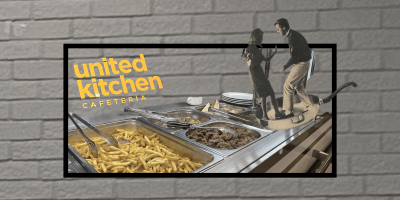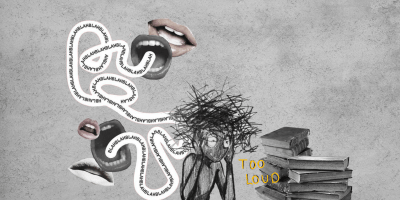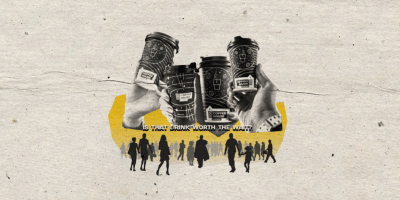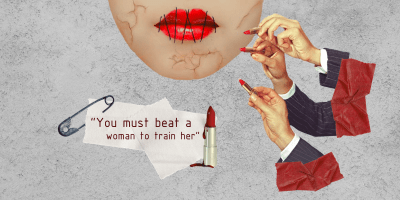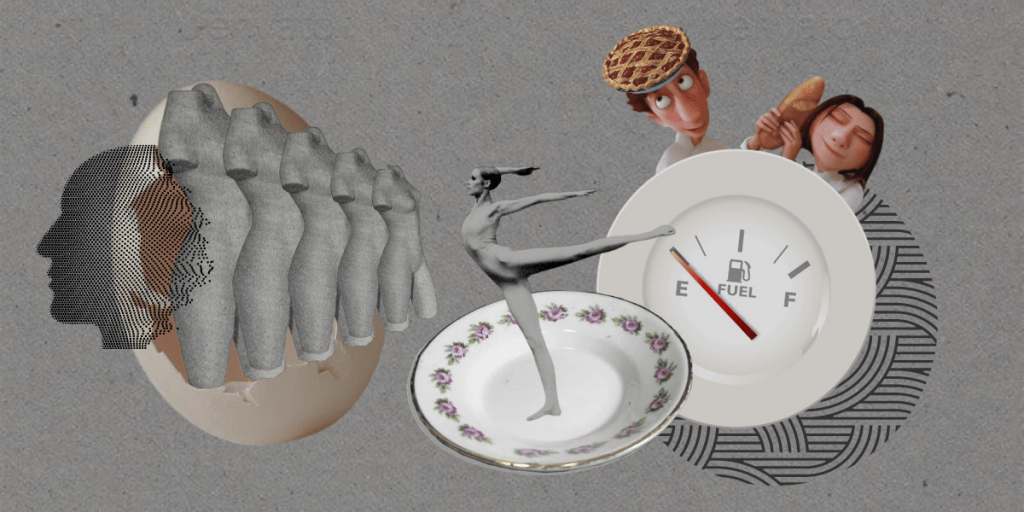
You might have heard your parents say, “Finish the plate, or else you won’t grow up!” to encourage them to eat, but when they grow up, it all changes; it turns into “Maybe you should eat half of the plate.” Eventually, the phrase “Food is fuel” becomes a distorted mentality to grasp and results in unwanted consequences like eating disorders.
Distorted eating behaviors and eating disorders have misconceptions in today’s society; for someone to be recognized with anorexia, they should be underweight, for instance. According to the National Association of Anorexia and Associated Disorders, “Eating disorders affect at least 9% of the population worldwide, “ and “Less than 6% of people with eating disorders are medically diagnosed as underweight.”
A national survey led by Dr. Jason M. Nagata, a specialist in adolescent medicine at the University of California San Francisco Benioff Children’s Hospital, found that “Distorted eating behaviors occur in young people irrespective of their weight, gender, race, ethnicity or sexual orientation and it’s not just about losing weight.”
Eating disorders are not a diet gone too far. Instead, they can be things like the fear of rejection, a need to control when everything around you feels uncontrollable, a way to feel validated, an act of self-harm, a way to suppress emotions and trauma, which are all a cry for help.
Obsessive thoughts, overexercising, restriction, deprivation, and an obsession with weighing yourself are just a few common signs of eating disorders. These cause serious health issues that are possibly irreversible. For example, lack of nutrition can cause hair loss, and for women with menstrual cycles, it can cause irregularities or completely stop.
The roots of eating disorders branch out in different directions; however, one of the common ones is social media. Dr. Nagata told The New York Times, “If youngsters are obsessed with an idealized body image, their thinking and behavior become disordered and can take over their lives.” And it does exactly that; it consumes your life.
Eating disorders can start easily, but the path to recovery can be difficult. People often face constant ups and downs that seem like an endless cycle. However, it doesn’t have to be as hard if we become more open to talking about it and seeking help from medical professionals.
Constant reminders that food is there to help us do the things we love, like taking a walk at our favorite park, spending time with friends, playing our favorite sport, reading, and so much more, can help ease those obsessive thoughts.
Every time you or someone you know struggles with eating, remember that food is fuel. It is not your enemy and just like a car needs gas, you need food to function. Everyone has the right to enjoy the foods they love without worrying. At the end of the day, you are your soul, not your body.
If you are looking for support from people who have gone through or are going through the same struggles, you can register to join an online support group which is completely free. Don’t wait to start your recovery journey because food shouldn’t be a burden on your shoulders.

